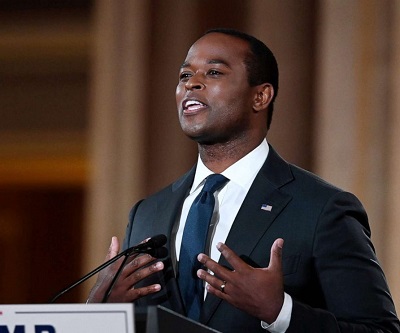
The Kentucky Attorney General’s Office has joined dozens of other states in remitting letters to social to two social media platforms urging implementation of stronger parental controls.
Attorney General Daniel Cameron joined 44 attorneys general in sending letters to TikTok and Snapchat urging the companies to give parents more control through parental control apps.
“Parental controls provide parents and caregivers with an important tool to help monitor the well-being of their children online,” said Attorney General Cameron. “It is well documented that social media can pose dangers to our youngest citizens, and parents should be empowered to monitor and filter content that they believe is harmful.”
Research increasingly demonstrates the negative impact that social media can have on the physical, emotional, and mental well-being of children and teenagers, Cameron said. Issues range from decreased self-esteem and greater body-image dissatisfaction to increased exposure to cyberbullying.
One app reported that in 2021 it analyzed more than 3.4 billion messages and found:
43.1 percent of tweens and 74.6 percent of teens were involved in a self-harm/suicidal situation
69 percent of tweens and 90.7 percent of teens encountered nudity or content of a sexual nature
75.4 percent of tweens and 93.3 percent of teens engaged in conversations surrounding drugs/alcohol.
In the letter, the attorneys general write, “[p]arental control apps can alert parents or schools to messages and posts on your platforms that have the potential to be harmful and dangerous. Apps can also alert parents if their child manifests a desire for self-harm or suicide. On other platforms where these apps are allowed to operate appropriately parents have received notifications of millions of instances of severe bullying and hundreds of thousands of self-harm situations, showing that these apps have the potential to save lives and prevent harm to our youth.”
Social media platforms already engage in some content moderation and operate under some community guidelines, Cameron said, but these are not always sufficient to protect children and teenagers who are particularly vulnerable to online threats.
By Ken Howlett, News Director
Contact Ken at ken@k105.com








